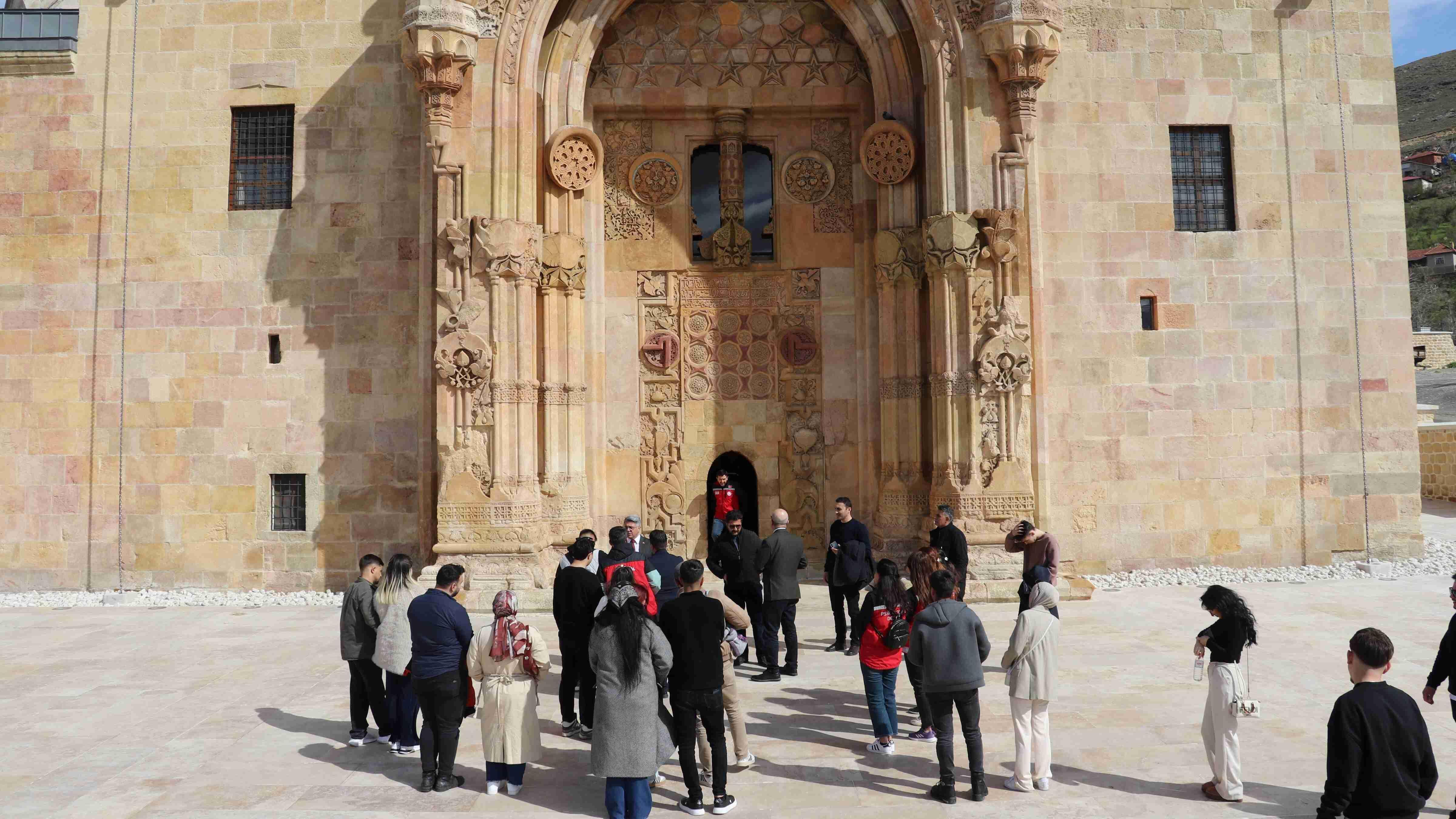Turkey’s jihadi problem: Intelligence-sharing is not enough
MERVE TAHİROĞLU
After a knife-wielding man attacked three soldiers in Nice, in the south of France, on Tuesday, news emerged that the assailant had been deported from Turkey last month. The incident appears to vindicate Ankara, which has repeatedly called for better intelligence-sharing from Europe to prevent foreign fighters from transiting through its country into Syria, and Europeans are stepping up their efforts as they realize the extent of the threat. Intelligence-sharing alone, however, will not be enough to solve Turkey’s jihadi problem.Ankara is struggling to deal with thousands of foreign militants who travel to Turkey to join jihadi groups in Syria, including the Islamic State of Iraq and the Levant (ISIL). Europeans are believed to make up a quarter of ISIL fighters, including 1,200 French citizens – the largest contingent from Western Europe. Turkish Foreign Minister Mevlut Cavusoglu recently complained that a number of extremists whom Turkey had deported to Europe later reappeared in his country, having slipped the Europeans’ net.
As the Nice attack underscores, European intelligence cooperation with Turkey is clearly insufficient. But Western countries have also criticized the Turkish government for not doing enough to prevent jihadis from crossing the border in the first place. Ankara ignored this movement for years, the critics allege, allowing its jihadi problem to fester.
Under mounting pressure, Turkey has taken several security measures in recent months including setting up interrogation rooms and, as of this week, “risk desks” at airports, border gates, and ports. It is unclear if the new system is effective, but in the last month, Turkish authorities have interrogated 300 suspects – mostly EU citizens – and deported 173 of them. The Turkish envoy to Paris said on Wednesday conceded that cooperation has recently improved, with more concrete steps being taken since last month’s Paris attacks. Ankara now says it has deported roughly 1,000 suspected extremists, and banned the entry of around 7,000 others.
Foreign fighters, however, are not the only problem. Several reports show a range of illicit activity taking place along the Turkey-Syria border, including smuggling oil, cash and weapons that have benefitted ISIL and other jihadi groups such as Jabhat al-Nusra. Earlier this month, Hürriyet reported that 2,000 vehicles stolen in 2013 and 2014 had been smuggled to Syria and sold to jihadis.
Meanwhile a Turkish police report, disclosed by Jane’s Intelligence, warns of 3,000 operatives living in Turkey who are directly linked to ISIL. “Turkey has become a center harboring sleeper cells of terrorist organizations,” main opposition leader Kemal Kılıçdaroğlu said. Since September, multiple reports have emerged in the international media about the jihadi group’s recruitment in Turkey – mostly through Islamic associations and some mosques. Up to 1,000 Turkish citizens are believed to have gone to Syria to join ISIL.
Turkey insists that cross-border activity is difficult to monitor because it cannot completely seal its border. This inability is due in part to the sheer length – 560 miles – of its frontier, as well as Ankara’s humanitarian effort to aid displaced civilians from Syria. An estimated 1.7 million refugees have come to Turkey since the outbreak of the Syrian civil war four years ago, and despite the economic and demographic concerns they pose, Ankara remains committed to providing them with shelter and aid.
The refugees, however, are susceptible to radicalization as well, further exacerbating concerns of increasing jihadi presence within Turkey’s borders. A Buzzfeed report from October shows ISIL may be targeting young men and boys in refugee camps for recruitment. “Many residents now ally with ISIS openly among the camp’s residents,” one refugee admitted.
The U.S. and its European allies have praised the Turkish government for its aid to refugees, but Turkey’s long, porous Syrian border remains open for jihadis worldwide. Western intelligence agencies must work more closely with the Turkish government – not just to safeguard Turkey’s borders, but also their own citizens. But even if it can minimize the flow of foreign fighters, Ankara will not be able to brush off Western and domestic criticism so easily. Unless Turkey gains control of its southeastern frontier, the jihadi problem it faces both at home and across its borders will remain unresolved.
Merve Tahiroğlu is a research associate at the Foundation for Defense of Democracies, focusing on Turkey.











